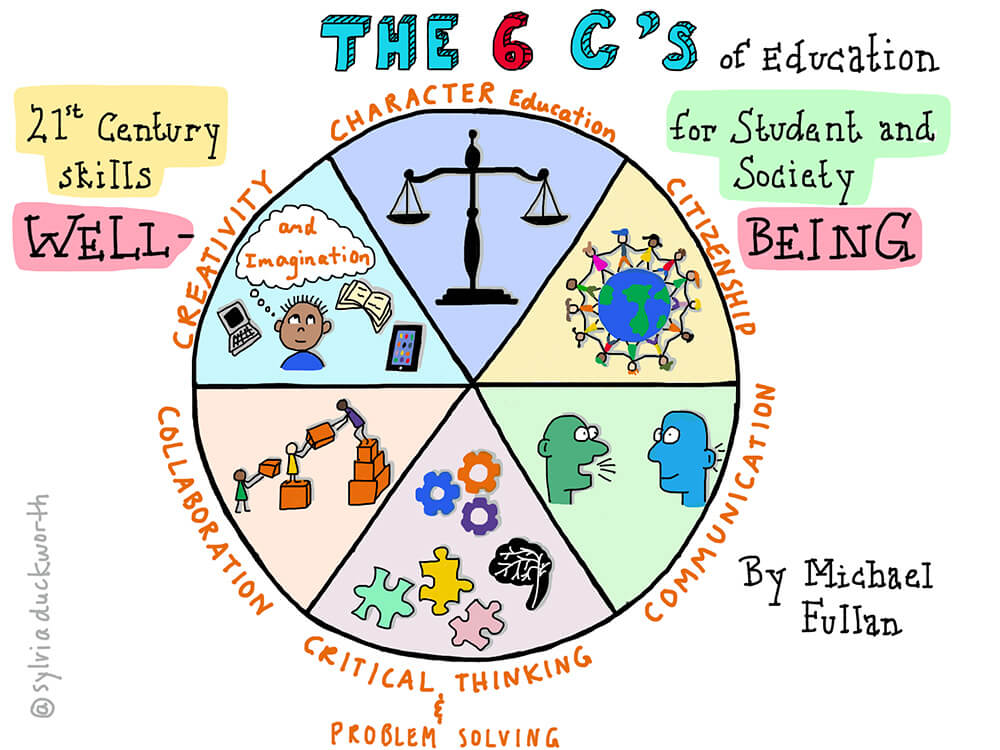
Since the late 1990s, educators and policymakers have been discussing the need for 21st Century Skills. The Partnership for 21st Century Skills defines these as the 4Cs - Critical Thinking, Creativity, Communication, and Collaboration.
And yet… we also need to prepare for the ‘Fourth Industrial Revolution‘ – an age where Artificial Intelligence, robots, and big data will fundamentally change the way we live, work, and relate to one another. Not only will students require traditional literacies but also capabilities such as complex problem solving, emotional intelligence, and cognitive flexibility. However, amid all of the change that the future promises to bring, the World Economic Forum also challenges us to consider a fundamental question: how might we make the world both human and humane?
To be successful, students need more than just the basic 21st Century Skills associated with the 4Cs. They also need emotional intelligence, grit, perseverance, an intrinsic desire to learn, and the capacity to empathize with others.
Professor Michael Fullan defines these traits as deeper learning competencies and argues that students need to develop 6Cs rather just the four. In addition to the 4Cs of 21st Century Learning, he adds Citizenship and Character Development to the list. As he explains in the video below, all 6Cs are critically important if we hope to prepare students for their future.
Going beyond the 4Cs
Digital tools like Book Creator have the potential to engage students, provide them with opportunities to seek out creative solutions, and expose them to the world outside of the walls of their classroom and even their school.
More importantly, Michael Fullan asserts that technology has the capacity to spark students’ intrinsic motivation to be helpful and kind. As educators, our challenge is to consider all of these skills together so that we can create learning opportunities to develop not only students, but also citizens.
In the coming weeks, we will dive into Fullan’s 6Cs and work through strategies that teachers can use in their classrooms to foster these traits.
Dr. Beth Holland is a vastly experienced educator, writer, researcher, and international presenter. She’s also a Book Creator Ambassador!

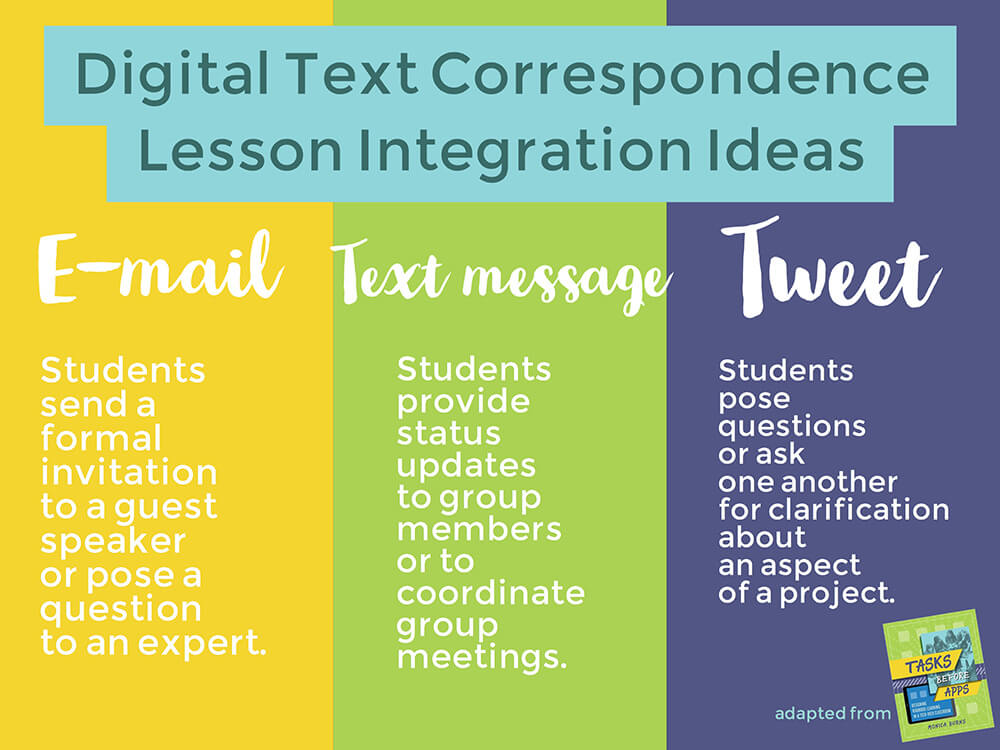
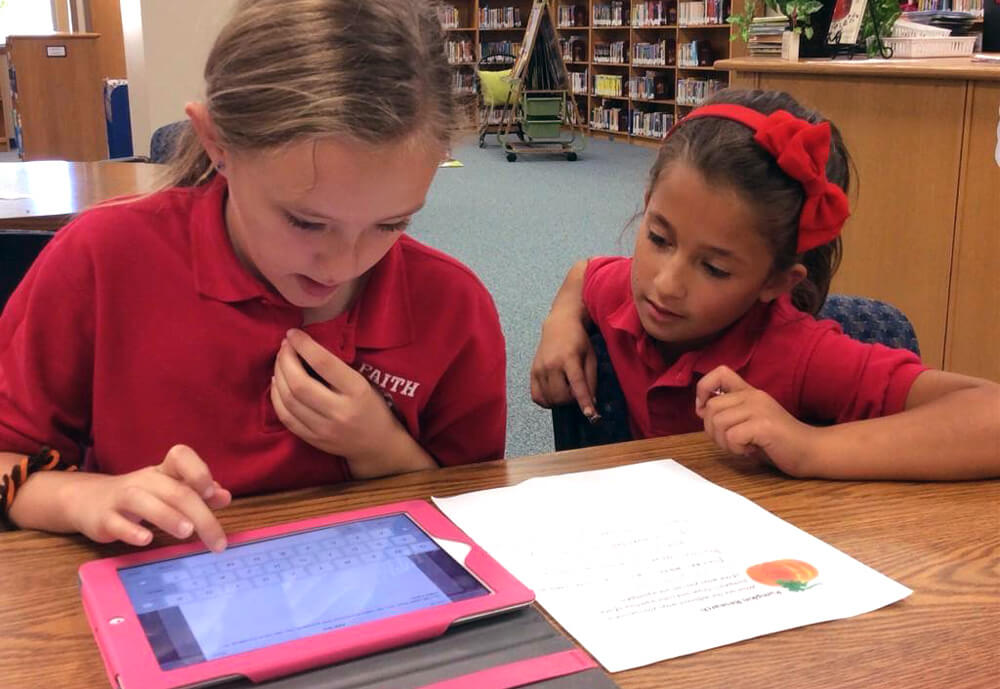
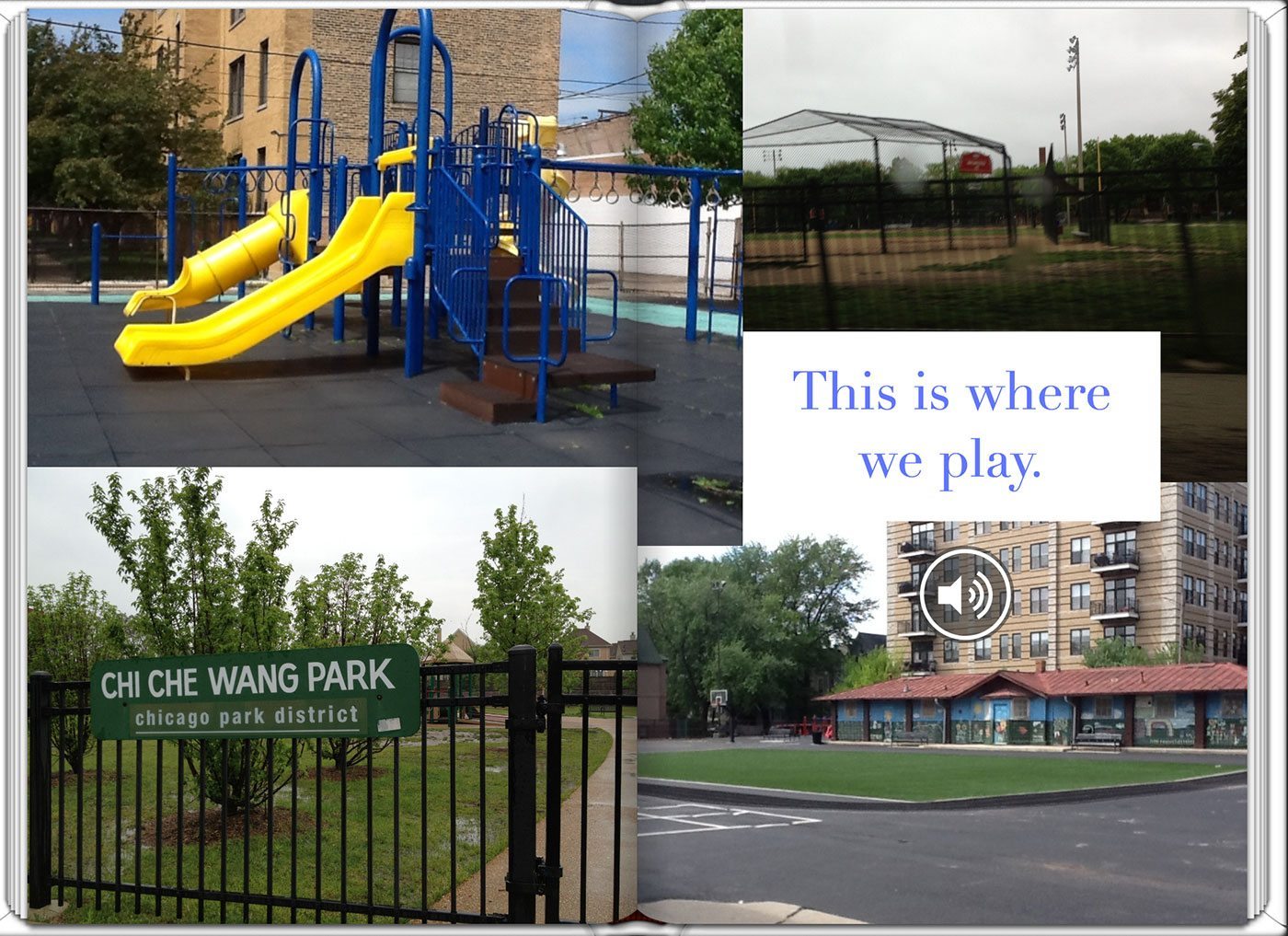
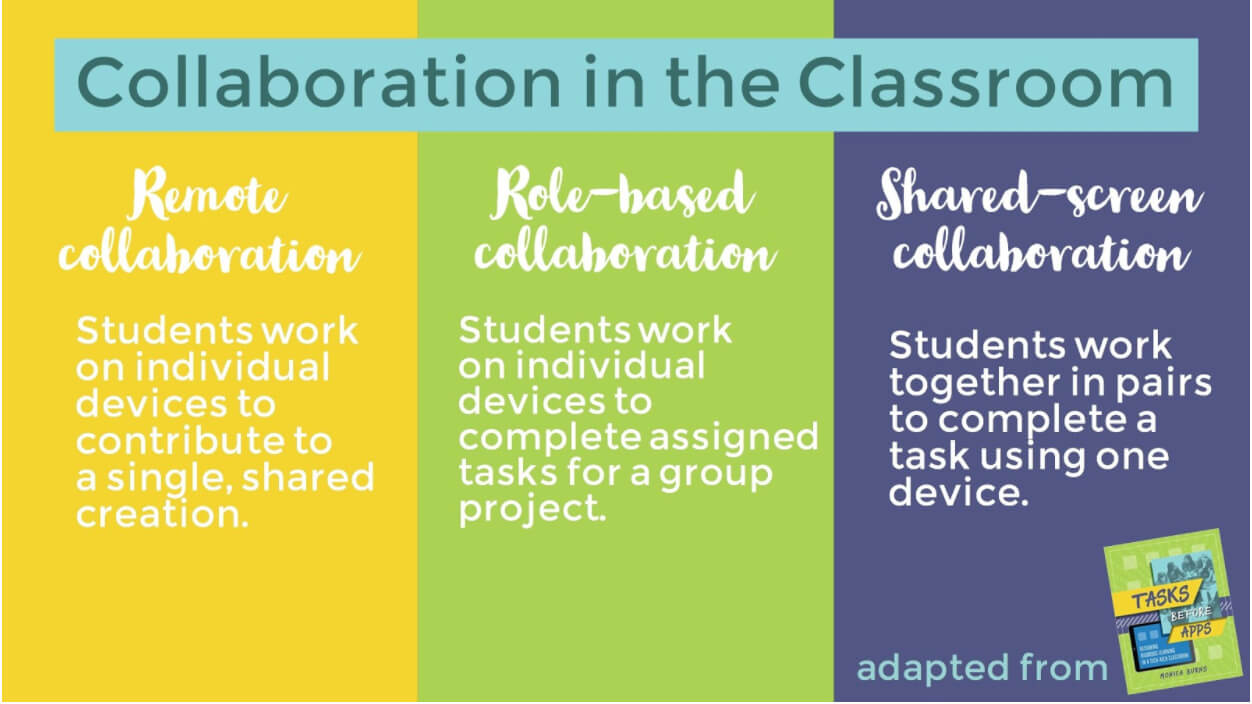
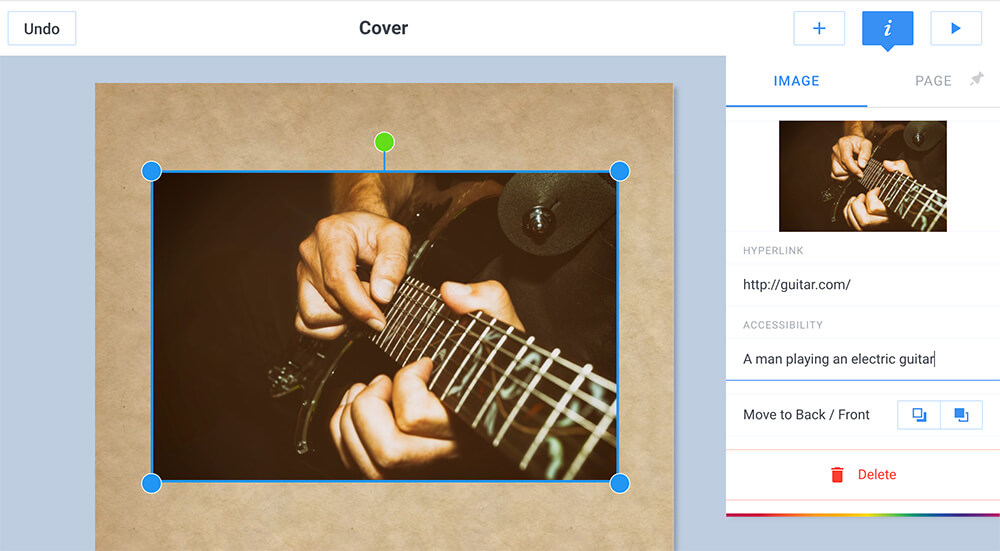

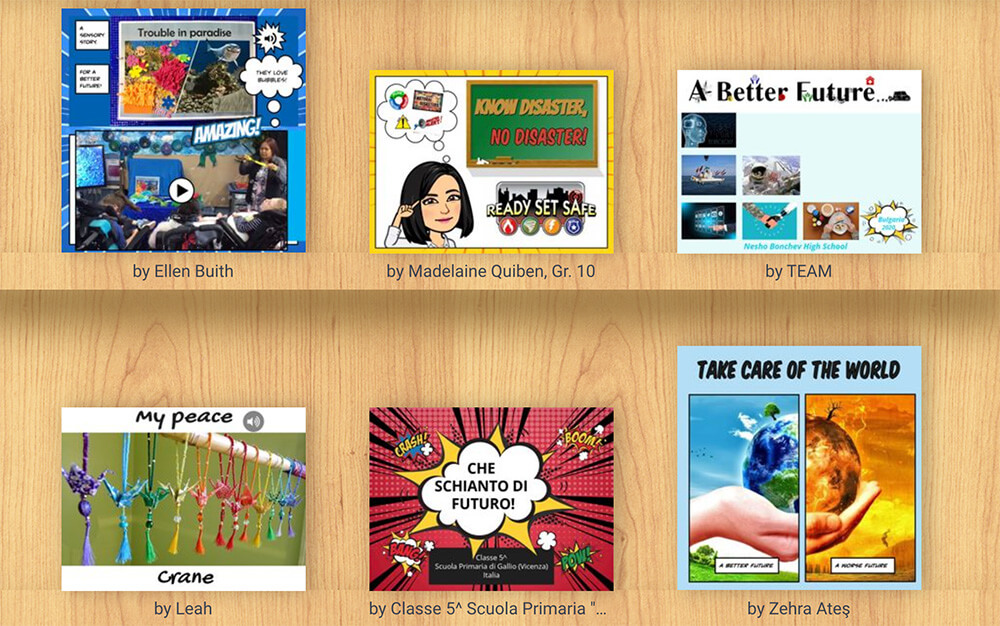

2 Comments on “What are the 6Cs and why are they important?”
Mr. Fullan, I am a retired teacher and have always taught the 5 c’s but now I am tutoring a high school student via zoom. I am looking for a workbook to go with your new theory of the 6 c’s. Would you kindly help me find a book for a mature student who needs help with critical thinking skill? I respect your theory. Thanks so so much. Jane
Hi Jane, I’m not sure I have anything along the lines of a workbook. We did produce this book which might help?